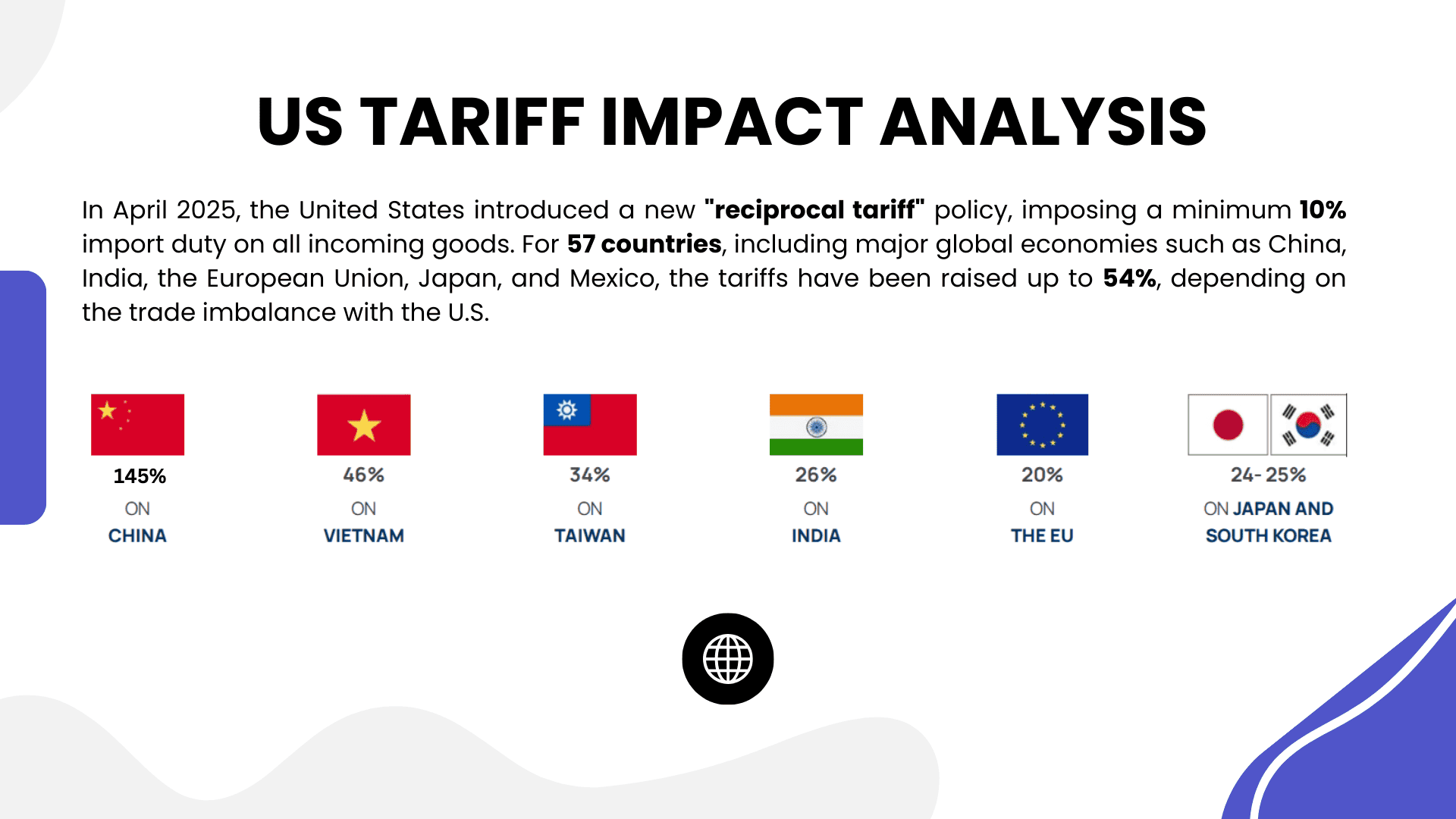Table of Contents
The global airline boarding pass market was valued at USD 4.5 billion in 2022 and is projected to reach USD 9.1 billion by 2032, growing at a compound annual growth rate (CAGR) of 7.5%. As air travel demand rises, mobile boarding passes are increasingly popular, capturing 41% of the market share in 2023.
Traditional airline counters still dominate with 57% market share. Family and group travelers represent 40% of the passenger base. The growing adoption of self-service kiosks and mobile solutions is expected to drive further market growth, despite challenges around security and technology adoption among older travelers.

US Tariff Impact on Market
US tariffs on imported electronic devices, including mobile phones and related accessories used in mobile boarding passes, may affect the growth of this market. The tariffs could result in higher costs for mobile technology providers, leading to increased prices for passengers using mobile boarding passes.
This price increase could slow the adoption rate, particularly among price-sensitive consumers. Additionally, airlines that rely on these mobile solutions for self-service check-ins might face increased operational costs. The tariff increases are expected to range from 10% to 25%, impacting the cost of mobile devices and accessories.
➤➤➤ Grab More Insights about Future US Tariff Impact Analysis @ https://market.us/report/airline-boarding-passes-market/free-sample/
Impact Breakdown
- Economic Impact: Tariffs may increase the cost of mobile devices by 10%-20%, which could lead to higher prices for passengers and slow the market growth.
- Geographical Impact: North America could experience a 10%-15% increase in device costs due to tariffs, which might affect mobile boarding pass adoption rates in the region.
- Business Impact: Airlines and technology providers may see a decrease in profit margins as they absorb or pass on the tariff costs to customers, impacting overall profitability.

Key Takeaways
- The airline boarding pass market is projected to grow at a 7.5% CAGR.
- Mobile boarding passes account for 41% of the market share.
- Tariffs may increase the cost of mobile devices and reduce adoption.
- North America has a mature market, while Asia-Pacific is developing rapidly.
Analyst Viewpoint
The airline boarding pass market is currently driven by rising demand for air travel and growing mobile technology adoption. Although US tariffs on mobile devices and related technologies might temporarily slow market growth, mobile boarding passes will remain a key innovation in the travel industry.
In the future, increased security measures and the integration of boarding passes with travel apps will further enhance their convenience and usability, driving more passengers to adopt this technology. The market’s long-term outlook remains positive, with significant growth opportunities in Asia-Pacific and other emerging regions.
Regional Analysis
North America holds a mature airline boarding pass market, driven by a high level of technology adoption and frequent air travel. Mobile boarding passes are widely accepted, and the market continues to grow steadily. In contrast, Asia-Pacific is experiencing rapid market development due to increasing air travel demand, with many airlines adopting mobile boarding solutions.
This region is expected to experience the fastest growth, driven by a large number of emerging economies and expanding air travel infrastructure. Europe also remains a key market but faces slower growth compared to the dynamic growth in Asia-Pacific.
➤ Impact of U.S. tariffs on these sectors?
- Voice Search Market
- Generative AI in Fintech Market
- Enterprise Blockchain Market
- Capacitive Sensors Market
Business Opportunities
The airline boarding pass market offers significant opportunities for businesses, especially in the realm of mobile technology. Integrating boarding passes with travel-related apps, such as those for luggage tracking and gate notifications, can enhance customer convenience.
Airlines and technology providers can explore partnerships to improve the security and functionality of mobile boarding passes. Additionally, addressing the concerns of older passengers and making mobile boarding passes more user-friendly could open up new market segments. The integration of these technologies into broader digital ecosystems presents an opportunity to streamline the entire travel experience.
Key Segmentation
The airline boarding pass market is segmented by boarding type, distribution channel, and passenger type. Mobile boarding passes represent 41% of the market share, while airline counters dominate with a 57% market share. Passenger types include family and group travelers, accounting for 40% of the market.
The mobile boarding pass segment continues to grow rapidly, driven by technological advancements and passenger demand for quicker, more efficient check-in options. Distribution through airline counters remains strong, particularly among older travelers and those with limited access to mobile technology, while self-service kiosks are growing in popularity.
Key Player Analysis
Leading players in the airline boarding pass market focus on technological innovation, particularly in the areas of mobile check-in and boarding solutions. These companies are working to improve the security and functionality of mobile boarding passes, integrating them with broader travel apps for a seamless passenger experience.
Additionally, partnerships with airlines and airport authorities are crucial for expanding mobile boarding pass adoption. These players are also investing in customer education and outreach programs to overcome resistance from older passengers and address security concerns, ensuring a smoother transition to mobile boarding solutions.
Listed below are some of the most prominent bio-based surface disinfectant industry players.
- Amadeus
- Sabre Corporation
- IATA
- SITA
- DCS
- NEC Corporation
- Daifuku Co. Ltd.
- Conztanz
- Unisys Corporation
- Other Key Players
Recent Developments
Recent developments include the launch of more advanced mobile boarding pass solutions, such as biometric-based check-ins and contactless boarding. Airlines are increasingly integrating mobile boarding passes with broader digital travel platforms to enhance the overall passenger experience.
Conclusion
The airline boarding pass market is set for significant growth, driven by mobile technology adoption and rising air travel demand. Despite challenges posed by tariffs and security concerns, mobile boarding passes are expected to become more widely used, offering opportunities for innovation and improved passenger experience.
Discuss your needs with our analyst
Please share your requirements with more details so our analyst can check if they can solve your problem(s)



